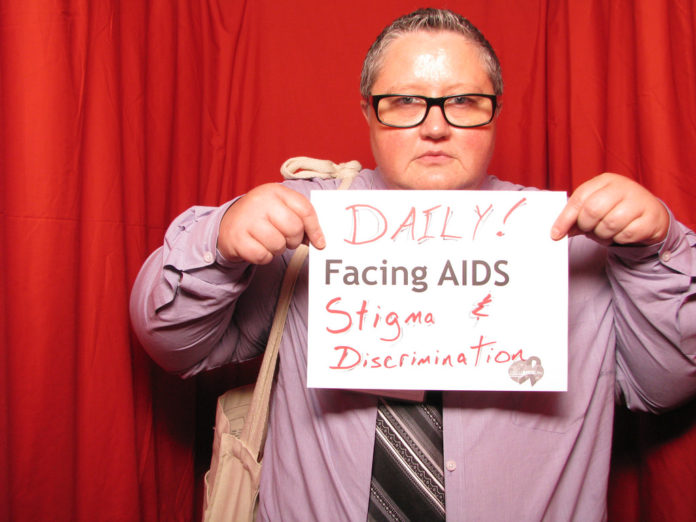
The Bill which was passed by Parliament last year also makes it a legal right for HIV/AIDS patients to have access to anti-retroviral therapy (ART)
Discrimination against people living with HIV/AIDS (PLHIV) could now lead to imprisonment of upto two years and/or a fine of upto Rs 1 lakh. The HIV/AIDS (Prevention and Control) Act 2017 that contains this provision came into effect from Monday following a government of India notification. It also makes anti retroviral therapy (ART) a justiciable right of PLHIVs.
The Act lays down: “No person shall, by words, either spoken or written, publish, propagate, advocate or communicate by signs or by visible representation or otherwise the feelings of hatred against any protected persons or group of protected person in general or specifically or disseminate, broadcast or display any information, advertisement or notice, which may reasonably be construed to demonstrate an intention to propagate hatred or which is likely to expose protected persons to hatred, discrimination or physical violence.”
“Every person in the care and custody of the state shall have right to HIV prevention, testing, treatment and counselling services.
Despite a low prevalence of 0.26%, India is home to the third largest population in the world living with HIV – estimated to be around 21 lakh.
Discrimination is defined in the Act as
* denies or withholds any benefit, opportunity or advantage from any person or category of persons, based on one or more HIV-related grounds
However keeping in mind the fact that the disease is communicable and requires some amount of segregation to be practised, it also says that any medically advised safeguards and precautions to minimise the risk of infection would not construe discrimination.
In the making since 2014, the HIV/AIDS Bill was passed by Parliament last year. It lays down “every person in the care and custody of the state shall have right to HIV prevention, testing, treatment and counselling services.” The new law also requires the patient to give informed consent for HIV tests and treatment.













